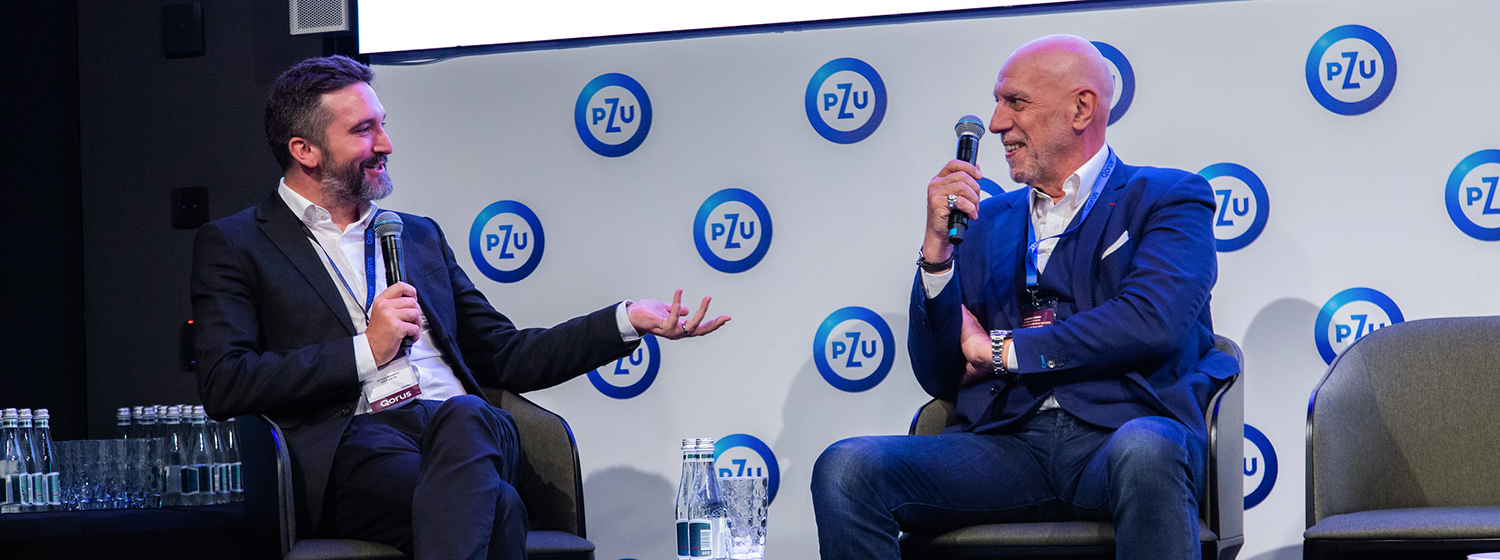Small and medium-sized enterprises (SMEs) account for 99% of all businesses in both the EU and the US. Despite their significance, many banks have struggled to fully tap into the opportunities presented by this market due to economic challenges, limited resources, and outdated infrastructures. SMEs typically have specific and complex needs, often requiring personalized service and dedicated relationship management. Historically, delivering this level of service at scale has been difficult for banks. Additionally, SMEs often face higher risks due to their limited balance sheet strength and short credit histories, making it harder for them to secure financing.
The International Finance Corporation estimates that 40% of micro, small, and medium-sized enterprises are credit-constrained, with a global financing gap of approximately $5.7 trillion. This presents a substantial opportunity for banks that can better meet the needs of SMEs, as this segment tends to demonstrate strong loyalty and can offer improved margins.
In this report, we will examine how AI technologies can help transform the landscape of SME banking by driving new efficiencies, fostering innovation, and, most importantly, delivering unparalleled value to customers. We hope you find it a useful resource.
Charith Mendis, Head of Worldwide Banking Industry, Amazon Web Services,Advancements in technology, particularly in data analytics, artificial intelligence, machine learning, and generative AI, offer banks new tools to address these challenges. Last year, AWS and Qorus highlighted this potential in their co-authored report, "The AI Imperative: The Future of Frictionless Banking," which revealed that global banks are at a tipping point in adopting AI/ML and generative AI technologies. These advancements are being implemented to enhance customer service, manage risk, optimize processes, and improve overall efficiency. While much of this innovation has focused on retail banking, the SME market is now emerging as a key area of interest.
To explore the potential impact of these intelligent applications on SME banking, we conducted interviews with leading SME banks. In the following pages, we will share insights into the latest trends, best practices, and real-world applications of AI technologies, offering a roadmap for the future of SME banking. We hope this study serves as a valuable resource for understanding how AI can transform the SME banking landscape by driving efficiency, fostering innovation, and delivering exceptional value to customers.
Download the full report
Study contributors

Kim Holmes
Standard Bank
Head, Digital and eCommerce, Business and Commercial Banking

Zoltán Illés
MBH Bank
Executive Director, Micro & Small Enterprises Business Development

Stergios Zlatanos
Piraeus Bank
Director SB Strategy

Anton Dano
Tatra Banka
Segment Manager for SME

Giovanni Rossi
ING Bank Italy
Head of human connections Tribe

Lise Pedersen Tengesdal
SpareBank 1 Gruppen
Business Developer

Jorge A. Zenteno Cervantes
Banorte
Deputy General Director of Business Development

Dominic Provencal
Mauritius Commercial Bank
Head of Business Banking









